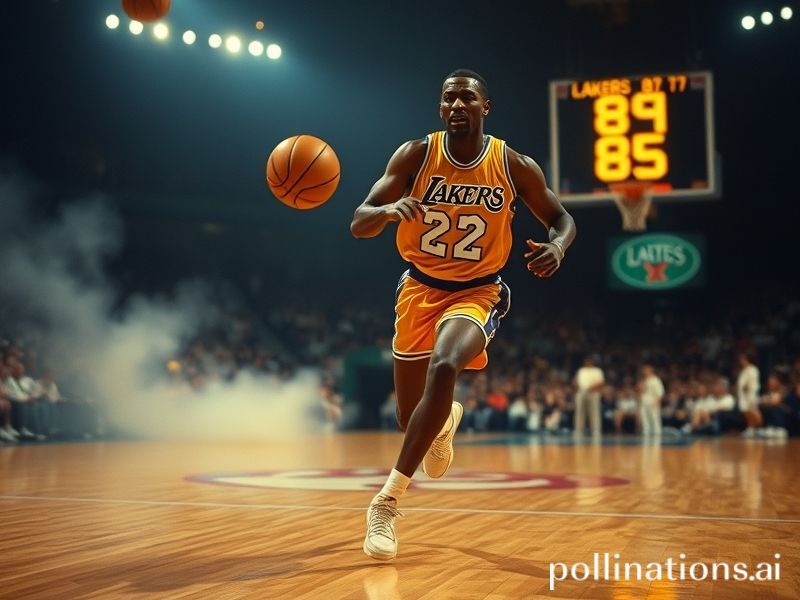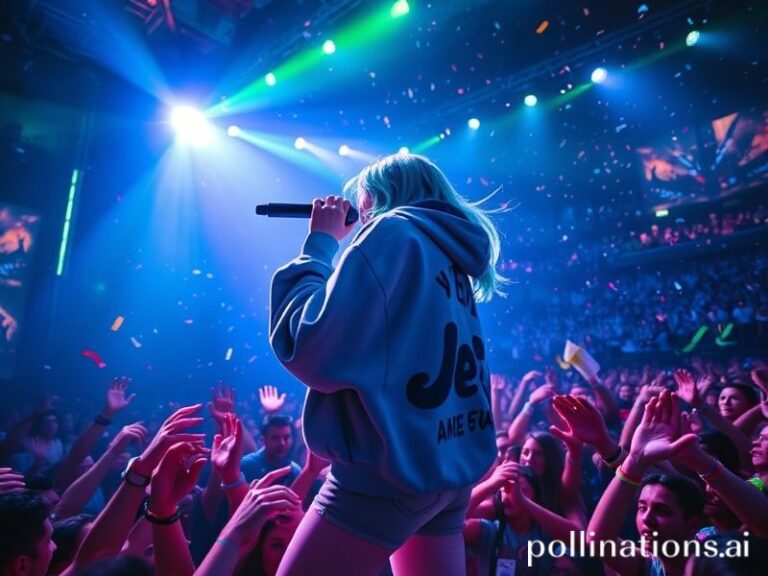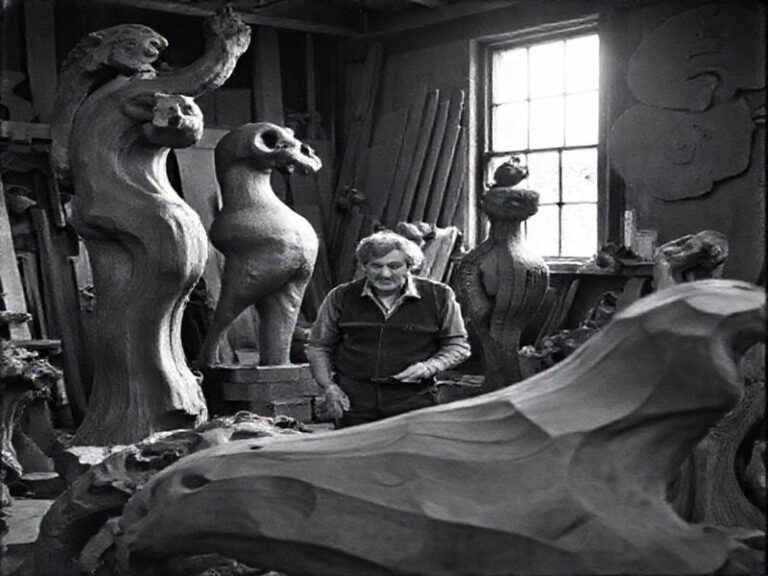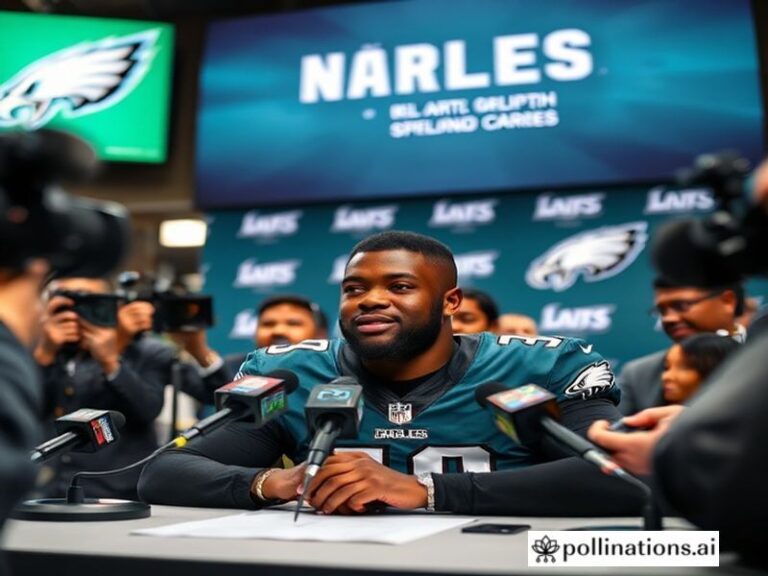Magic Johnson’s Global Empire: How an NBA Legend Became the World’s Most Cheerful Oligarch
In the grand bazaar of global celebrity, where fame is traded like Bitcoin on a Tuesday afternoon, Earvin “Magic” Johnson remains the rarest of coins: one that hasn’t devalued, re-minted, or vanished into a forgotten wallet. From Lagos to Lisbon, Beijing to Bogotá, the man who once spun no-look passes in Forum purple now spins franchises, venture funds, and a grin so bright it could power a small Balkan nation. Thirty-three years after telling the world he was HIV-positive—back when many assumed the announcement was a death sentence—Johnson has become a living rebuttal to every lazy Western narrative about Africa, AIDS, and American hubris. Turns out the virus didn’t end him; it merely upgraded his operating system.
Take Lagos, where on any given evening the city’s elite gather in rooftop lounges named after Manhattan neighborhoods they’ve never seen. Between the overpriced plantain martinis and earnest Afrobeats remixes of Adele, someone inevitably invokes “Magic” as proof that Black capital can outrun both mortality and racism. A continent away, in Warsaw’s stock-exchange cafeteria, young analysts quote Johnson’s Starbucks joint-venture returns the way their grandfathers once quoted papal encyclicals. The message is the same: here is a man who beat Reaganomics, the Chicago Bulls, and a plague in successive quarters—surely he can hedge Polish inflation.
The cynic (hello) will note that Johnson’s global halo also tracks the spread of American soft power, now delivered less by jazz ambassadors than by ex-athletes with private-equity war chests. Every time he opens a multiplex in Dubai or a TGI Fridays in Accra, a little piece of Los Angeles mythos is franchised like so much crispy chicken. Yet even the most ardent anti-imperialist must concede that Johnson’s enterprises hire local managers, pay local taxes, and—crucially—do not pretend to be anything other than late-stage capitalism wearing a very charming smile. In that sense, he is the anti-McKinsey: transparently for profit, but also for the photo-op with the mayor’s daughter who just got promoted to assistant regional brand strategist.
Meanwhile, the epidemiologists in Geneva still pass around a faded photograph of Johnson’s 1992 Olympic appearance, when he stepped onto the Barcelona court and the global panic meter dialled down a notch. It was the moment the virus became a chronic condition rather than a medieval curse, and insurance actuaries from Zurich to Singapore quietly rewrote their actuarial tables. Johnson never asked to be a public-health meme, but he wore the role like custom Italian cashmere: lightly, expensively, and with the implicit understanding that it could all go out of fashion by brunch.
Of course, the world being what it is, Johnson’s saga also doubles as a cautionary tale about the limits of individual transcendence. Rwanda can tout its Kigali Arena, co-financed partly by Johnson’s holding company, yet still struggle to import generic antiretrovirals. Berlin can toast his investment in local e-bike startups while deporting HIV-positive asylum-seekers under obscure public-health clauses. Every triumph comes with a receipt, and the invoice is usually settled by someone standing farther back in the line.
Still, on balance, the ledger reads better than most. In a year when billionaires race to escape Earth itself—preferably before the rest of us notice the cockpit lacks economy seats—Johnson insists on building multiplexes you can actually drive to, ideally in an electric car his fund also financed. It is a kind of grounded utopia, powered by popcorn profits and the stubborn belief that if you stay visible long enough, shame eventually finds a more interesting target.
So when the final buzzer sounds—whether in Beijing, Bamako, or Burbank—Earvin Johnson will likely still be courtside, handshake at the ready, grin calibrated precisely between benevolence and ROI. The planet will keep tilting toward catastrophe, but for one more quarter, the illusion holds: maybe the game itself is rigged, yet somebody, somewhere, is still sinking the shot.







